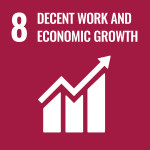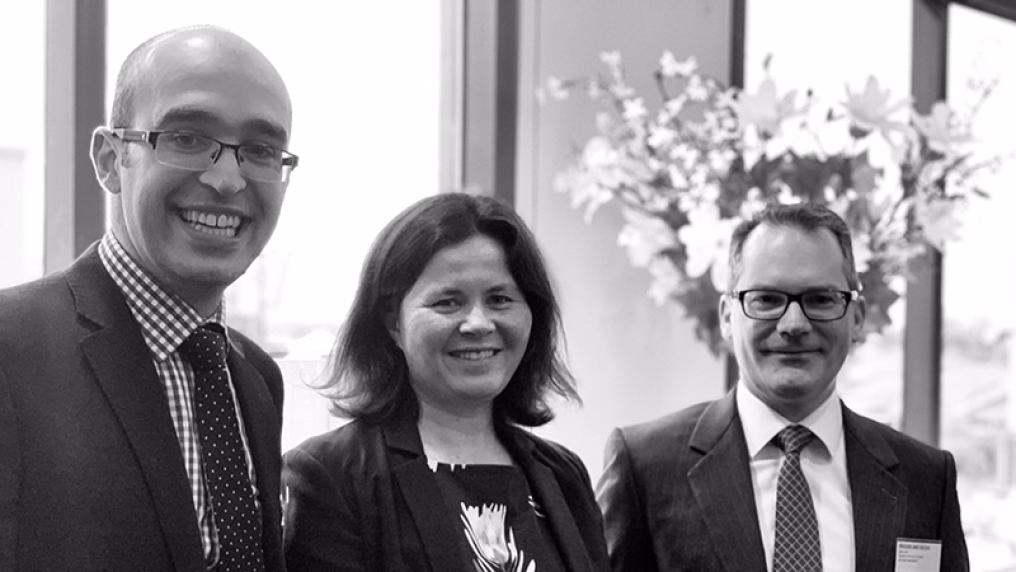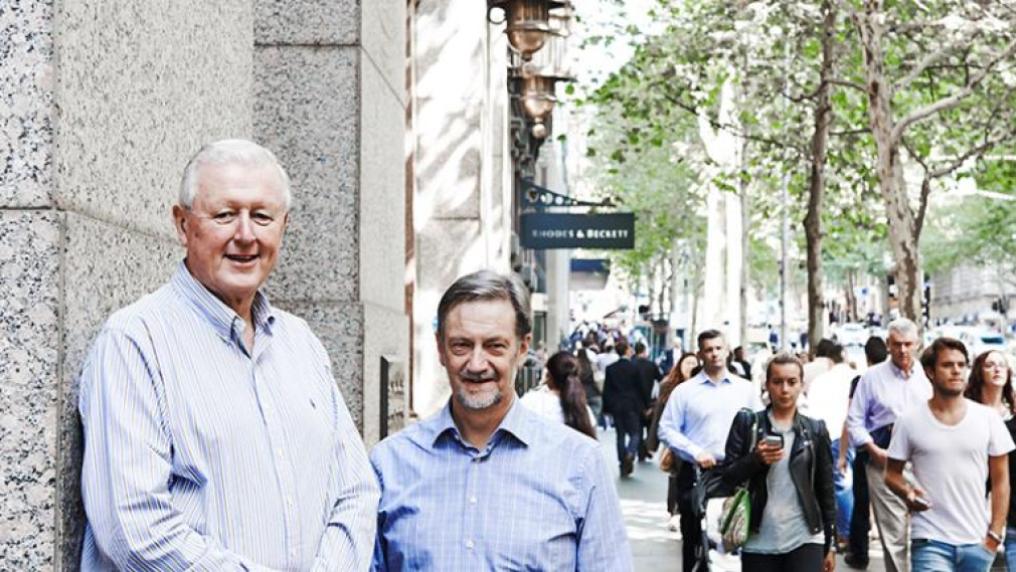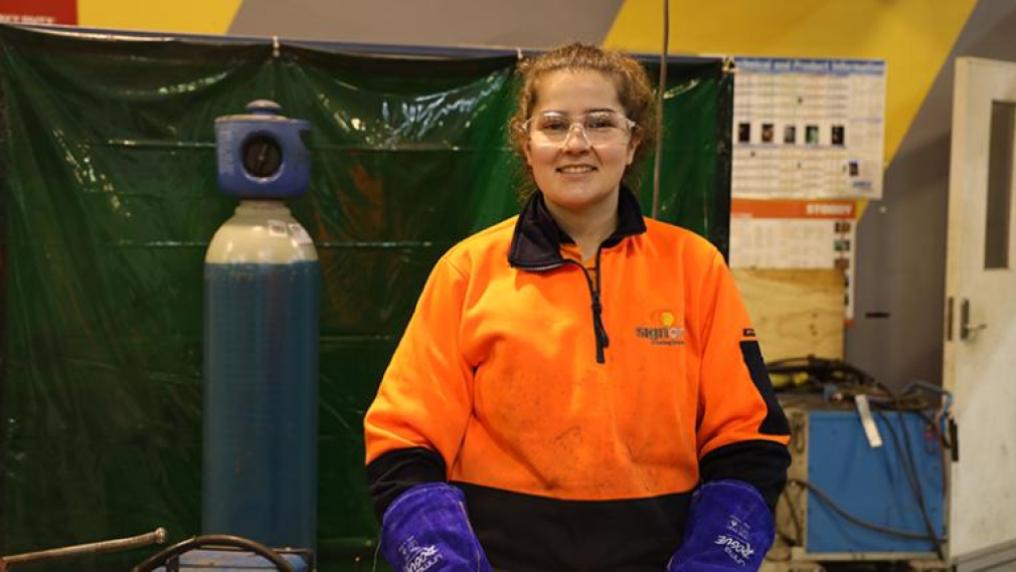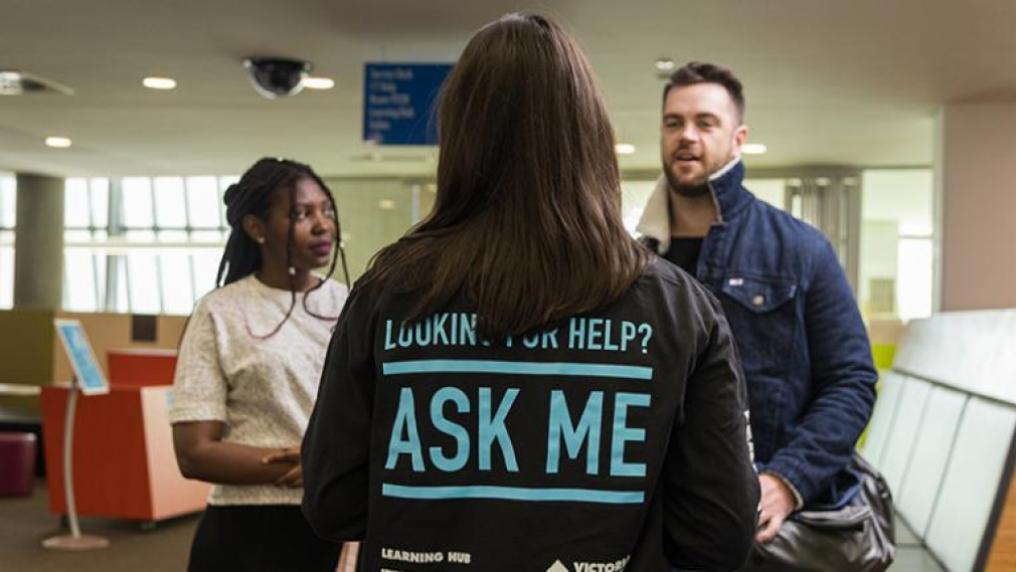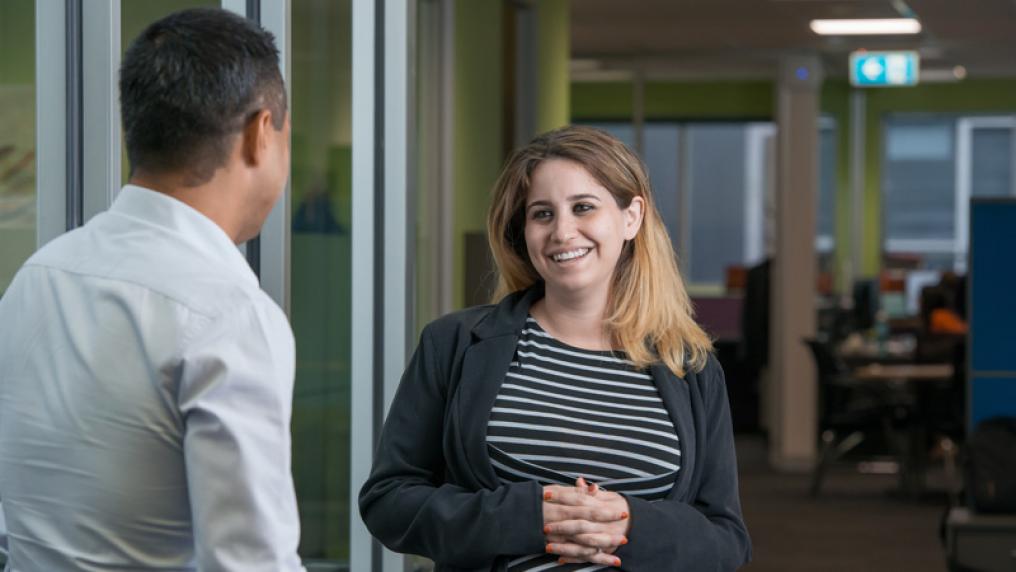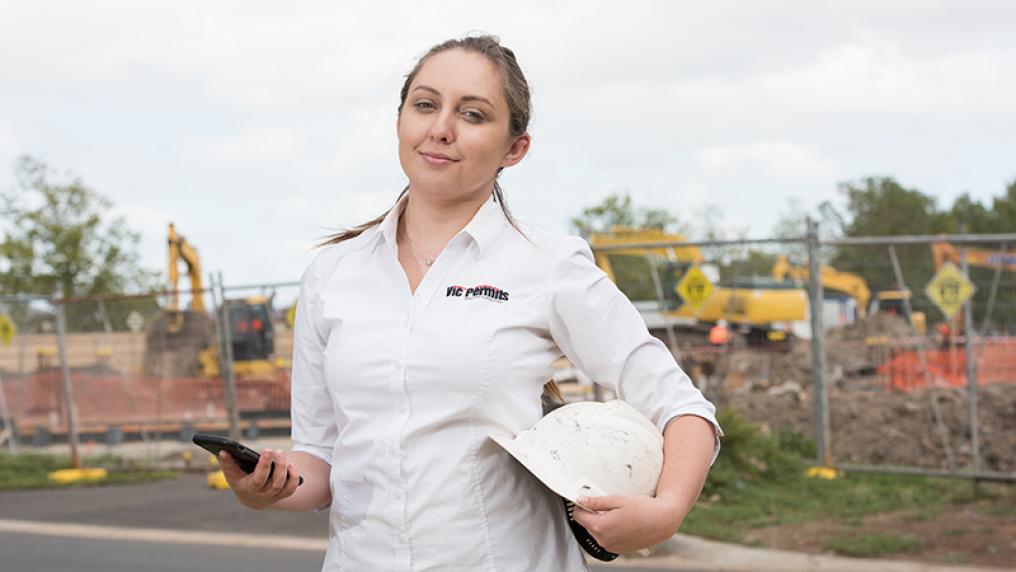Goal 8: Decent work & economic growth
As a 'dual-sector' tertiary institution, offering practical, vocational education as well as academic and research opportunities, VU exemplifies the concept of work-focused learning and development.
In addition to supporting our community into work, we collaborate on strategic economic development in the west of Melbourne, and conduct world-class economic modelling and research to advise business and government policy.
Achieving SDG8 will require a wholesale reform of our morally bankrupt financial system in order to tackle rising debts, economic uncertainties and trade tensions, while promoting equitable pay and decent work for young people.
– United Nations
Sustainability on campus
Our Skills and Jobs Centre in Footscray connects job seekers with the skills development, job-seeking support and employment opportunities in the region, including the Footscray Hospital big build.
